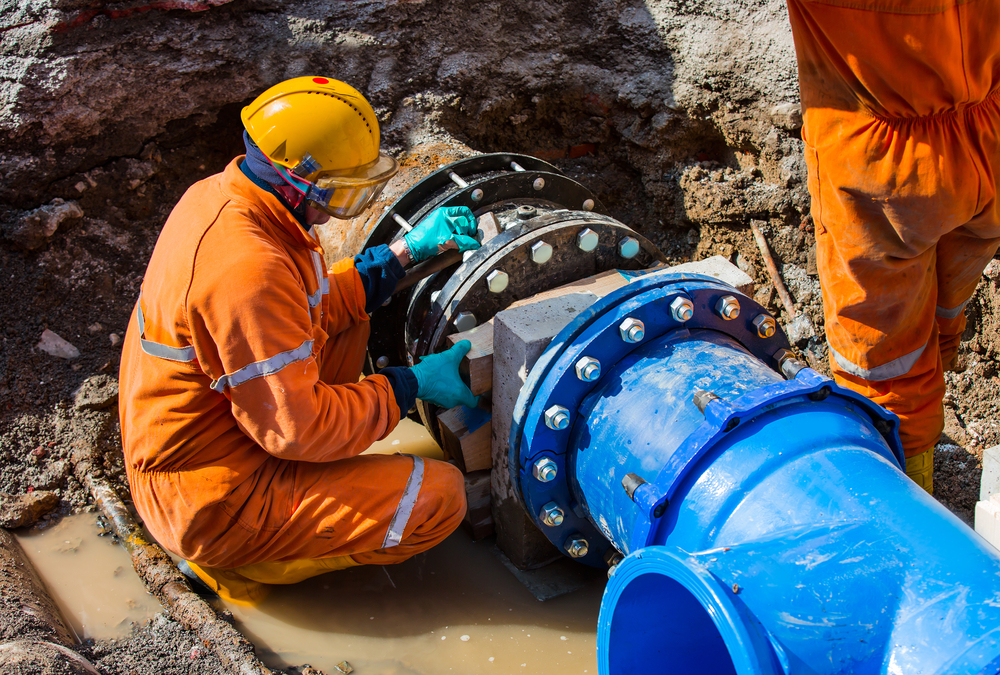A career as a pipe layer forms a vital part of any construction or engineering project. You will work on laying pipes and piping materials of various types for sanitation or sewage drains, storm drains and water mains. Let’s take a look at what a career as a pipe layer actually involves and how your career as a pipe layer can develop.
Working as a Pipe Layer
Your career in pipe laying will involve working on laying pipes in trenches and culverts, positioning piping for construction works and sealing or repairing pipes. Some of your main roles as a pipe layer would include:
- Checking and preparing the area where the pipes will be laid for any obstructions and that the gradient is correct
- Connecting pipe pieces and sealing joints between the various pieces of pipe using welding equipment, cement or other necessary materials
- Covering pipes with earth, cement or other material
- Aligning or positioning pipes to ensure they conform with other elements of the construction project
- Cutting or repairing pipes as needed
- Lay out the routes of any piping structures
- Use technology to locate existing pipework in need of reconstruction or repair.
Career Path
In your career as a pipe layer you will work on many projects of varying scale and size, which will mean working with pipes of varying sizes, which will either be installed by hand or with machinery. Some of the other trades or roles you will work alongside would include:
- Foreperson
- Plumber
- Land surveyor
- Bricklayer
- Construction labourer
- Steel fitter
- Dry-liner
- Electrician
- Electrical engineer
- Civil engineer
- Structural engineer
- Heavy equipment operator
- Forklift driver
- Draughtsperson
- Health & Safety
- HSE Officer
- Site clerk
Professional Qualifications
One of the most common routes is via apprenticeships, where pipe layers learn the role ‘on the job’ with a pipe laying or construction company and also study for their qualifications in college over 7 phases of work and college based education. Once you have established yourself as a pipe layer, you can apply for membership of bodies such as the National Guild of Master Craftsmen. Due to innovation within this sector, constant training and upskilling in new methodologies, materials and equipment is advised if you are to have a successful career as a pipe layer. Your will also need to be very aware of Health & Safety and have the necessary certification.
How your Career can Develop
As a pipe layer you can choose to specialise in particular areas during your career as a pipe layer, so you will need to upskill and earn any necessary certifications. You can specialise in areas such as domestic or residential piping, industrial and civil engineering projects, or other construction projects, whether in Ireland or overseas. Ultimately you can build up your own client base and start your own pipe laying service or contracting business or work with large firms or contractors that would require your services as a pipe layer.

